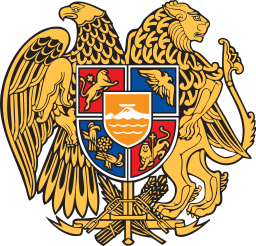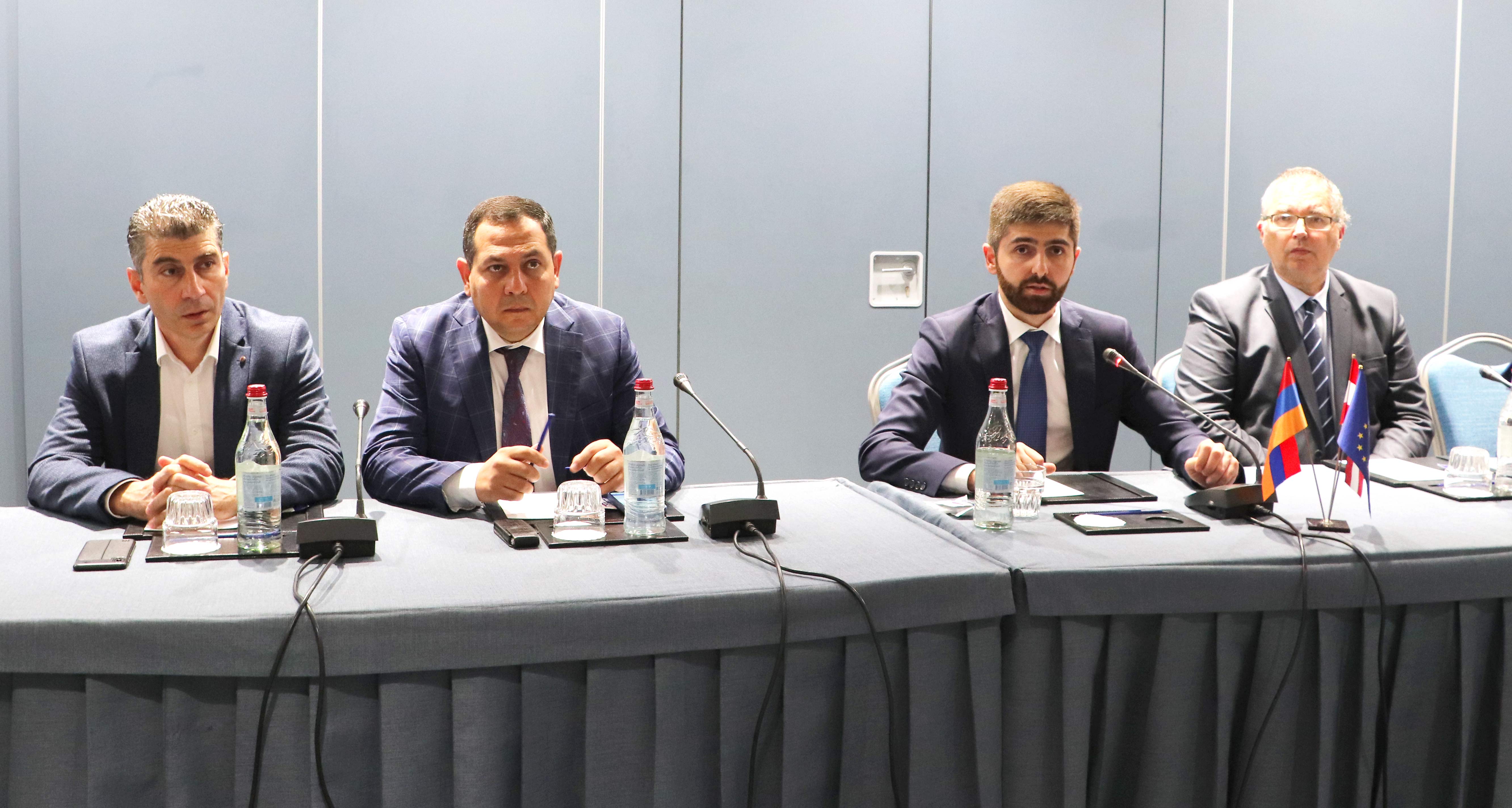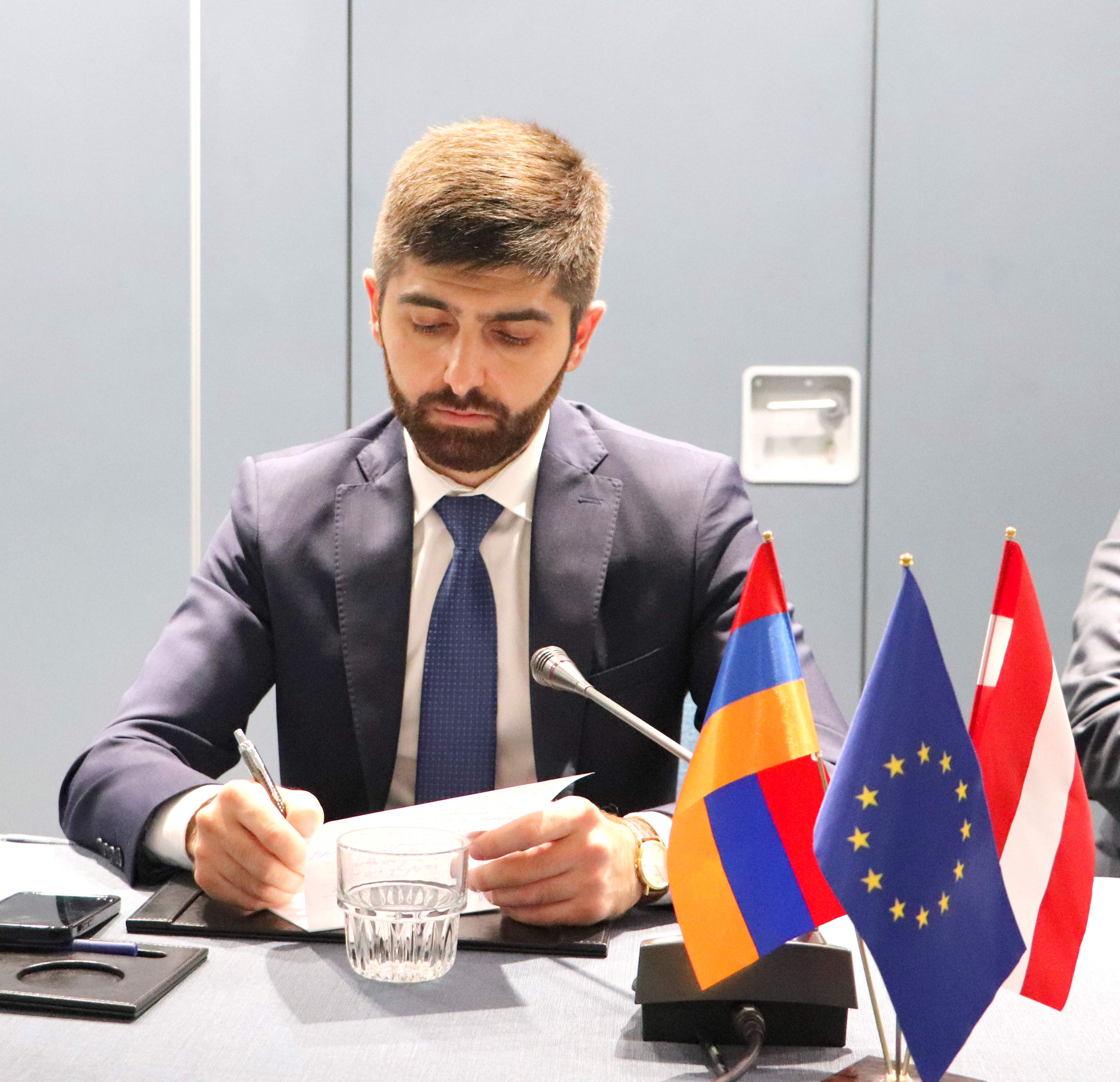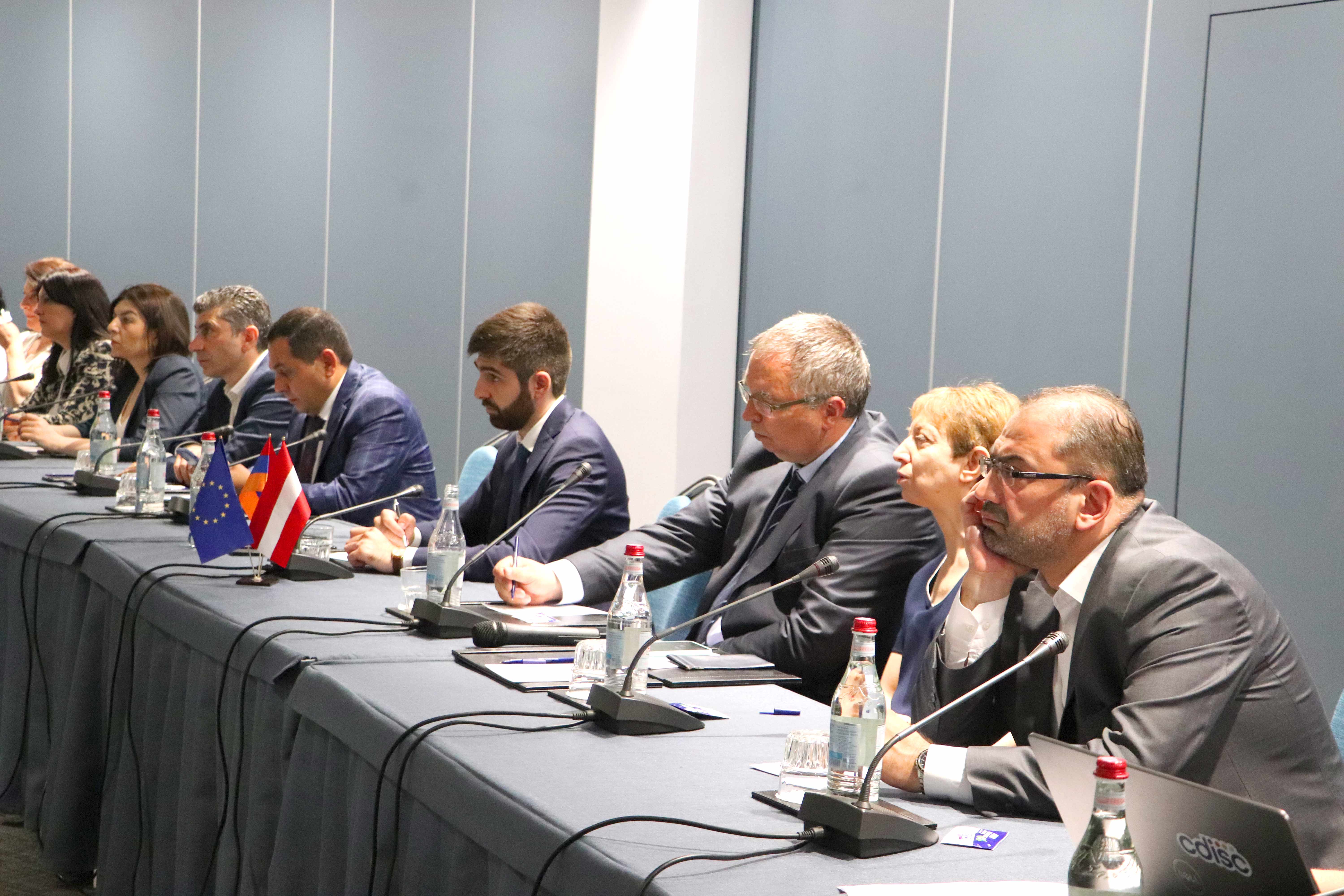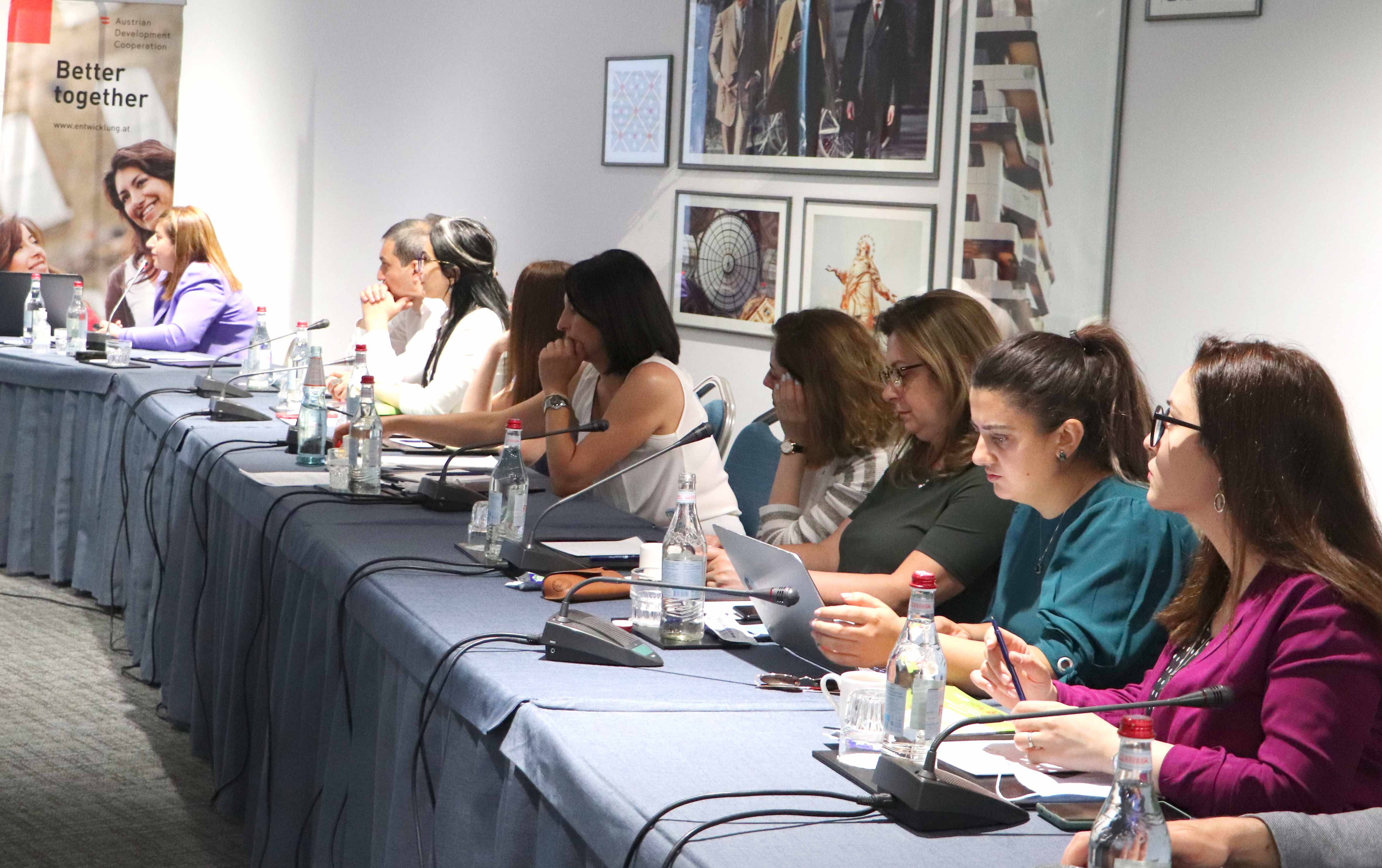-
MINISTRY

-
FUNCTIONS

- Economic Policy
-
Agriculture
- Agrarian policy
- Agrarian policy Agrarian policy
- Agro-processing
- Agro-processing Agro-processing
- Animal breeding
- Animal breeding Animal breeding
- Veterinary medicine
- Veterinary medicine Veterinary medicine
- Plant cultivation
- Plant cultivation Plant cultivation
- Phytosanitary
- Phytosanitary Phytosanitary
- Agricultural cooperation
- Agricultural cooperation Agricultural cooperation
- Fish farming
- Fish farming Fish farming
- Food security
- Food security Food security
- Organic agriculture
- Organic agriculture Organic agriculture
- Public Investment
- Investment Policy
- Free Economic Zones
- Industrial Policy
- Business Environment
- Small and medium-sized entrepreneurship
- International Cooperation
- Armenia - European Union
- Armenia-EAEU
- Armenia - WTO
- Trade and Market Regulation
- Tourism
- Capital market
- Quality infrastructure
- Сtrategic sectors
- Licensing, permits
- Intellectual Property
-
PROJECTS

- State Support Programs for Agriculture
- Economy modernization program
- Infrastructure for investment assistance event
- State support program for issuance and rating
- The state support program for commercial companies engaged in the production of economically complex products
- Fee and cost reimbursement program for drug registrations and re-registration examinations
- Program for Compensation of Costs of Clinical Trials and Bioequivalence Studies in the Republic of Armenia
-
INFORMATION

-
MEDIA CENTER

- CONTACTS
- Economic Policy
- Agriculture
- Public Investment
- Investment Policy
- Free Economic Zones
- Industrial Policy
- Business Environment
- State Support Programs for Agriculture
- Economy modernization program
- Infrastructure for investment assistance event
- State support program for issuance and rating
- The state support program for commercial companies engaged in the production of economically complex products
- Fee and cost reimbursement program for drug registrations and re-registration examinations
- Program for Compensation of Costs of Clinical Trials and Bioequivalence Studies in the Republic of Armenia
Discussion dedicated to proposed changes in the legislation of organic agriculture in Armenia
On May 24, 2021, within the framework of the “Green Agriculture Initiative in Armenia” (EU-GAIA) program funded by the European Union, under the active chairmanship of the RA Deputy Minister of Economy Arman Khojoyan and thanks to the inexhaustible and selfless initiative of Lusine Nalbandyan, the President of “Organic Armenia” Agricultural Association NGO, the Austrian Development Agency organized the meeting of the National Working Group on the proposed reforms in the legislation of organic agriculture in Armenia.
The meeting was attended by many of the most dedicated multi-stakeholder groups of the sector: experts from the Ministry of Economy, the head and active members of “Organic Armenia” Agricultural Association NGO, representatives of the RA Prime Minister’s Office, the European Union Delegation, the National Body for Standards and Metrology, the Food Safety Inspection Body, the Republican Union of Employers, the State Commission for Protection of Economic Competition, the Food and Agriculture Organization, the Agricultural Alliance of Armenia comprising of CARD, SHEN, UMCOR and ICARE Armenia, as well as the Young Farmers Association and EU-GAIA program, the staff of the American Chamber of Commerce, the Rector of the Agrarian University, the leadership of “Halep” store, and, of course, compassionate farmers and processors engaged in organic farming.
During the meeting, Lusine Nalbandyan presented for discussion the compiled considerations and proposals on reforming the legislative framework of organic agriculture, which had previously been developed by the international organic organization IFOAM.
There are a number of issues in the field of organic agriculture, which are directly related to various departments. The issues are mainly related to labeling, appointment of relevant competent body regulating the field of organic agriculture, clarification and definition of its authority, the procedure of compliance assessment, activities of certification bodies, the national standard, as well as harmonization of international regulations in the legal and contractual field and other related issues.
In view of all this, an extensive discussion was held with the National Working Group, and it was decided to boost the implementation of some proposals, including with the support of state programs.
-
Hot line

* Hot line operates on weekdays (Monday-Friday) from 09:00 to 18:00.
- BUSINESS ENVIRONMENT
- (+374 11) 597 539
- TOURISM
- (+374 11) 597 157
- QUALITY INFRASTRUCTURES
- (+374 11) 597 167
- PRODUCT LABORATORY TESTING
- (+374 11) 597 166
